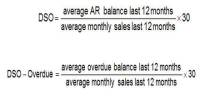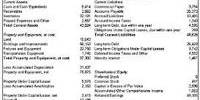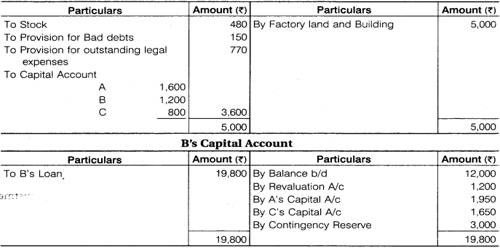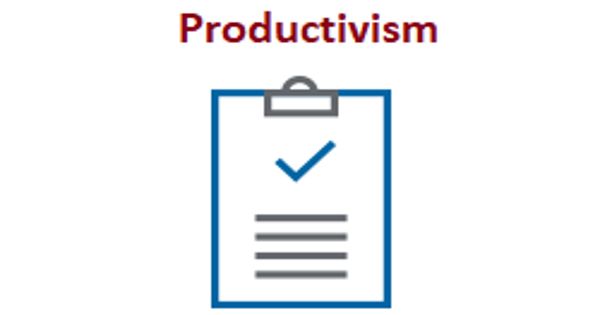Goodwill is defined as “the present value of a firm’s anticipated excess earnings”. Goodwill in accounting is an intangible asset that arises when a buyer acquires an existing business. Factors affecting Goodwill can be internal factors, which are within the company, or external factors, which are a part of the economic environment in which the company operates.
Factors Affecting Goodwill
- Quality of Product:
Better quality of product will increase sales and profits which will increase the value of goodwill. When the firm enjoys favorable situations, along with a secured monopoly which brings more earnings which are assured, the value of goodwill increases.
- The efficiency of Management:
Efficient management may also help to increase the value of goodwill by increasing profits through properly planned production, distribution, and services. A well-handled interest normally enjoys the merit of more cost efficiency and productivity, which will increase the value of goodwill.
- Location:
The place or locality where the business is situated determines the goodwill. The better location will attract more customers resulting in an increase in sales and profits which in turn, will result in an increase in the value of goodwill. If the firm centrally locates or locate in a very prominent place, it can attract more customers, increasing turnover.
- Market Condition:
The monopoly situation or limited competition facilitates the concern to earn more gains which leads to the more value of goodwill. The organization has a monopoly right or condition in the market or having limited competition, enables it to earn high profits which in turn leads to a higher value of goodwill.
- Access to Supplies (Raw Material Etc.):
If a firm has better access to supplies or assured supply of inputs then it enjoys a better reputation than others and higher goodwill. Possession of a large number of profitable contracts for the supply of goods or services enhances the value of goodwill.
- Special Advantages:
If a firm enjoys special advantages like patents, trademarks, brand image, or any other exclusive benefit, then the firm enjoys a higher value of goodwill. A firm that has special advantages like import licenses, patents, trademarks, copyrights, assured supply of electricity at low rates, subsidies for being situated in a special economic zone’s (SEZs), etc. possess a higher value of goodwill.
- Time Factor:
The comparatively old firm will enjoy a more commercial reputation than the other one since the old one is better known to its customers although both of them may have the same locational advantages.
- External resources:
After-sales service, Research & Development, Effectiveness of Advertisement, the supply of electricity, import licenses, well-known collaborators, long-term contracts for the supply of materials, trademarks, patents, etc.certainly enjoy more value of goodwill.
- Good Customer relation:
A company which has good relationships with its customers, tend to bring the customers back to them/ generates referrals, which increases the value of goodwill of the company
















